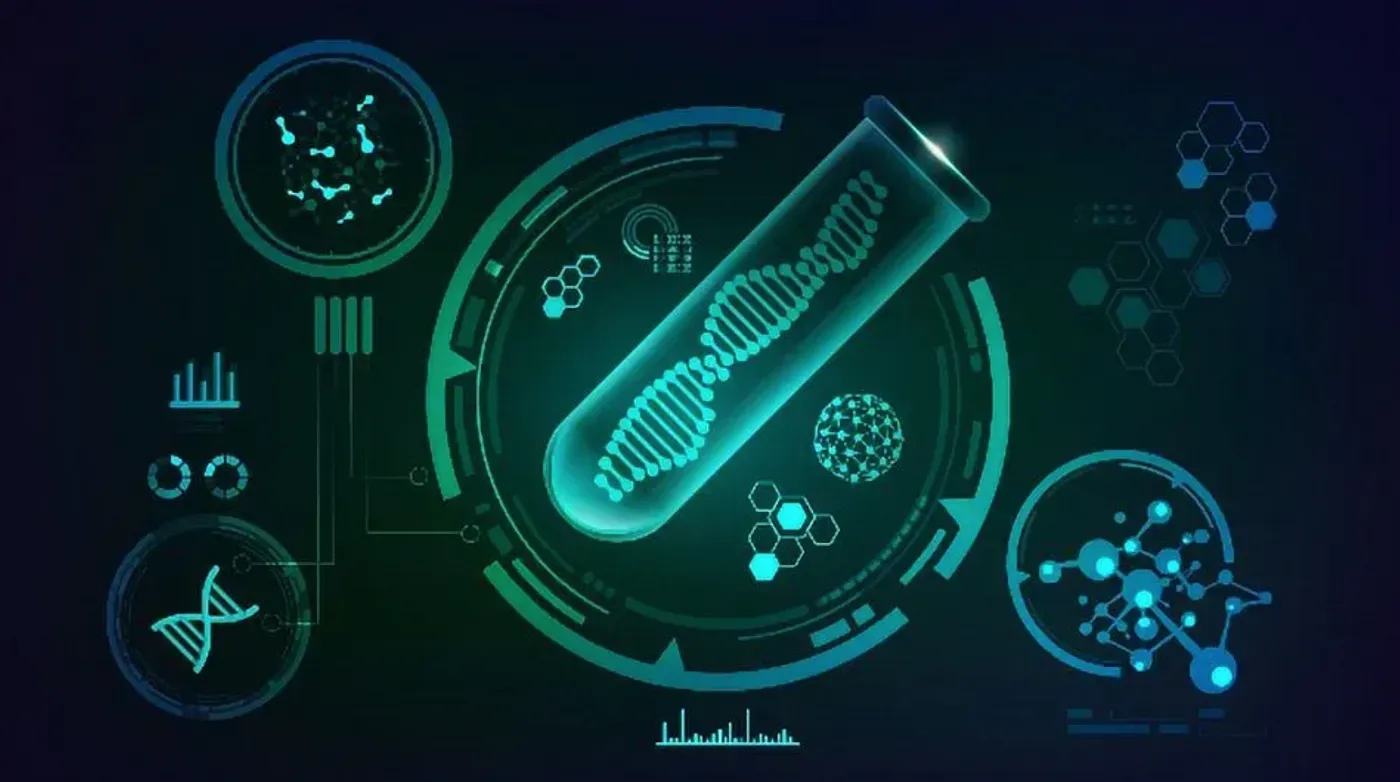Chemical pollution has reached its limits for the earth. In the workplace, at home, and even in the food and water we consume, there are chemical compounds that we must be aware of. Factory and industrial operations are the most significant contributors to chemical pollution. These activities release hazardous chemicals into the environment that can seriously impact people, animals, and ecosystems. Unfortunately, this type of pollution is often difficult to detect due to its global mobility in water and air. Immediate action is necessary to address this problem effectively.
Synthetic biology is an incredibly effective tool in combating climate change. Biotechnological processes can create bio-chemicals that reduce air pollution, support sustainable energy production and storage, and encourage the development of new materials for use in green infrastructure. Biotech-derived products, such as drought-tolerant crops and genetically modified organisms, are the most critical solution to the planet’s chemical pollution. The bioremediation method is among the biotechnological improvement methods and has been accepted as an efficient, economical, versatile, and environmentally friendly solution. Pollution prevention is the best solution for pollution, such as using biopolymers for industrial applications.
Biopolymers are organic materials made up of long tails of repeating monomers that form a chain-like structure and can be used for various applications. These biopolymers are found in nature as proteins and carbohydrates. One of the most remarkable properties of biopolymers is that they are biodegradable. This means they can break down naturally over time into harmless byproducts instead of lingering in landfills and oceans for hundreds of years like traditional plastics do. Additionally, biopolymers are lightweight and durable yet flexible enough to be processed into different shapes. This makes them ideal for use in packaging since they provide protection while using minimal material, thus reducing overall costs. Biopolymers are quickly becoming one of the most sought-after alternatives to traditional plastics due to their numerous benefits. The increased availability of these materials has opened doors to a plethora of new possibilities regarding sustainability and cost-effectiveness regarding industrial needs. Further researching this technology and investing more resources into its development will create a future where traditional plastics are no longer needed, making our planet healthier and safer for future generations.

